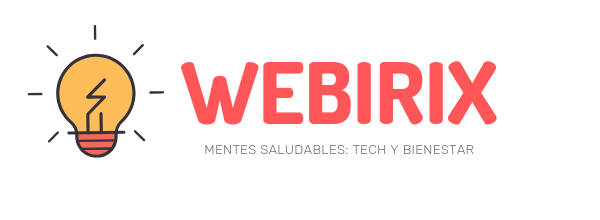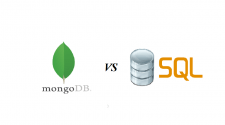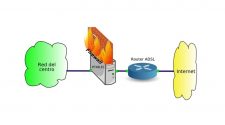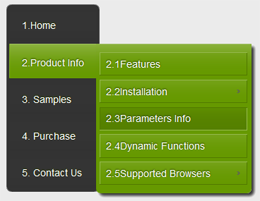The social network added five new buttons, in addition to the 'like', to use in the publications; with this it aims to give more expression tools to users.
NEW YORK - Ahora puedes hacer mucho más que decir “Me gusta” en una publicación en Facebook. “Me encanta”, “Me divierte”, “Me asombra”, “Me entristece” y “Me enoja” son los cinco botones nuevos en los que la gente puede hacer clic al responder a una publicación en la red social.
Cualquier persona que use Facebook puede elegir alguna de estas reacciones además de “Me gusta”, al comentar o compartir algo.
Si estás usando tu teléfono, los botones nuevos se desplegarán cuando mantengas oprimido el botón de “Me gusta”. Si estás en una computadora, los verás cuando pases el cursor sobre el botón de “Me gusta”.
Los investigadores, ingenieros y el equipo de producto de Facebook dedicaron más de un año a la preparación de las llamadas “reacciones”. Trabajaron con sociólogos, consultaron a grupos de debate e hicieron encuestas para determinar cuáles emoticones serían utilizados. También estudiaron los stickers and most popular emojis on the platform looking for clues.
De acuerdo con Sammi Krug, gerente de producto, los dos desafíos principales fueron reducir el conjunto de reacciones posibles y asegurarse de que los emojis “se entendieran universalmente y fueran igualmente útiles”.

“Queríamos ser muy, muy cuidadosos con las reacciones [que activamos], dijo aCNNMoney en entrevista a mediados de febrero. “¿Le estamos dando a la gente más herramientas para expresarse con mayor precisión y autenticidad?”.
Antes de la presentación mundial del miércoles 24 de febrero, las “reacciones” they were working en las cuentas de los usuarios de España, Irlanda, Chile, Filipinas y algunos otros países. De acuerdo con Krug, las reacciones iniciales fueron positivas y “Me encanta” ha sido la más popular.
“Me emociona” (una carita feliz con los ojos cerrados) se descartó luego de que en las pruebas se determinara que no todo el mundo entendía su significado. “Esa fue una de las mayores sorpresas”, dijo Krug.
En este conjunto de respuestas falta un botón de “No me gusta”, opción que Mark Zuckerberg, director ejecutivo de la empresa, hinted in september.
Sin embargo, el activar un botón de “No me gusta” habría creado el riesgo de que Facebook se volviera un lugar en el que la gente vota a favor o en contra de una publicación.
“No parece que esa sea la clase de comunidad que queremos crear”, dijo Zuckerberg durante una sesión de preguntas y respuestas.
“Reacciones” es uno de los cambios más importantes que ha sufrido la plataforma de Facebook desde que se creó hace 12 años y está a la altura de las Notificaciones y de la Cronología.
As with those features, this change represents another attempt to keep Facebook current and deepen people's bond with the website and app.
En el peor de los casos, algunos usuarios podrían pensar que las nuevas opciones son confusas o inútiles. Pero aunque unos cuantos millones de personas digan que algo les “encanta” o se rían unas cuantas veces al día, sigue siendo un montón de información nueva y generando las ganancias para Facebook y sus anunciantes.













No Comment